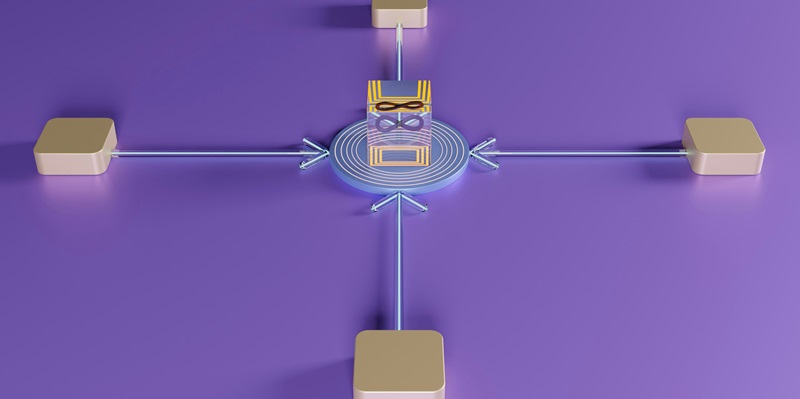Harness, a leading software delivery company, has significantly upgraded its DevOps platform by integrating AI agents designed to automate routine tasks. This innovation aims to alleviate the workload of software engineers by focusing on tasks that they often find mundane or undesirable. According to Nick Durkin, the CTO of Harness, these AI agents not only improve operational efficiency but also reduce burnout by automating various crucial activities such as pipeline generation, troubleshooting, code generation, and the creation of self-healing test suites. The latest upgrade is a comprehensive overhaul that incorporates multiple AI assistants, providing developers with a more integrated experience and eliminating the need for separate licenses for these functionalities.
New AI-Assisted Features
The key updates to Harness’s platform include three AI Assistants, each designed to target specific areas within the DevOps workflow. The first AI Assistant automates the generation of pipelines and helps resolve workflow issues, making it easier for development teams to streamline their processes. The second AI Assistant focuses on code generation, aiding developers by automating some of the more tedious aspects of coding. The third AI Assistant is dedicated to creating self-healing test suites, which can automatically detect and fix issues in test environments.
These AI agents are seamlessly embedded within the DevOps workflow, ensuring a smooth user experience and eliminating the need for developers to switch between different tools. The integration of these AI assistants into the platform promises to make the software delivery process much more efficient and less labor-intensive. By automating these routine tasks, Harness aims to free up developers’ time, allowing them to focus on more complex and creative aspects of their projects.
AI Productivity Insights and New Tools
In addition to the AI Assistants, Harness introduced the AI Productivity Insights tool, which measures the impact and effectiveness of AI-generated code. This tool provides valuable insights into how AI is contributing to the overall productivity of the development team. Another significant addition is the early release of an artifact registry aimed at reducing workflow friction. This feature allows developers to store and manage their build artifacts more efficiently, streamlining the entire development process.
Harness also rolled out new deployment capabilities that support database changes, facilitating smoother and more reliable updates. Updates to the DevSecOps module are designed to enable continuous governance, risk, and compliance management throughout the DevOps toolchain. These enhancements ensure that security is integrated into every phase of the software development lifecycle, reducing the risk of vulnerabilities and compliance issues. Pre-configured cloud environments are also available, which enable development teams to write and debug code without needing to provision their own setups, further reducing setup times and improving productivity.
Industry Impact and Future Prospects
Harness, a prominent software delivery company, has made substantial enhancements to its DevOps platform by incorporating AI agents that automate many routine tasks. This innovation is designed to ease the workload of software engineers, targeting tasks they often find repetitive and uninteresting. Nick Durkin, Harness’s CTO, states that these AI agents not only boost operational efficiency but also help reduce burnout among developers. They achieve this by automating critical activities such as pipeline generation, troubleshooting, code generation, and the creation of self-healing test suites. The latest upgrade features a comprehensive overhaul that integrates multiple AI assistants, offering developers a more unified experience. This eliminates the necessity for separate licenses for these functions, further streamlining the development process. By embedding these AI capabilities into its platform, Harness aims to free up engineers to focus on more strategic and innovative work, ultimately driving better outcomes for software projects.

